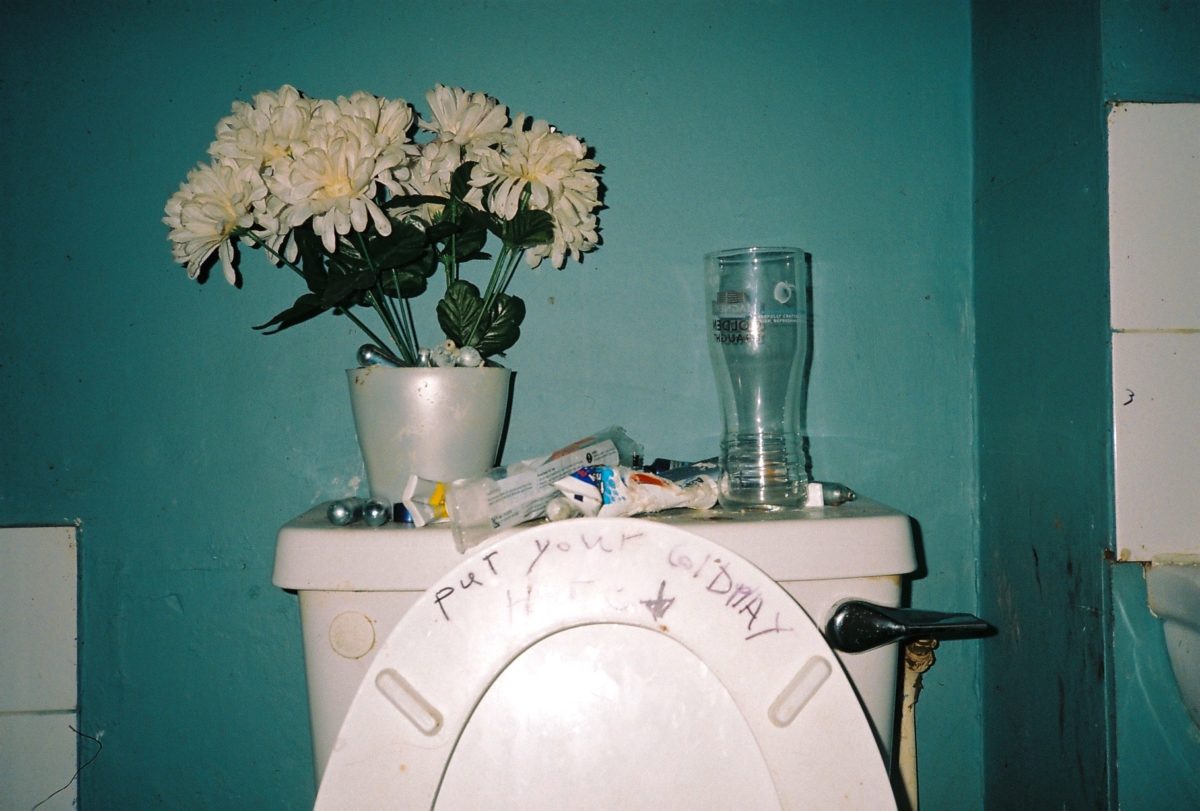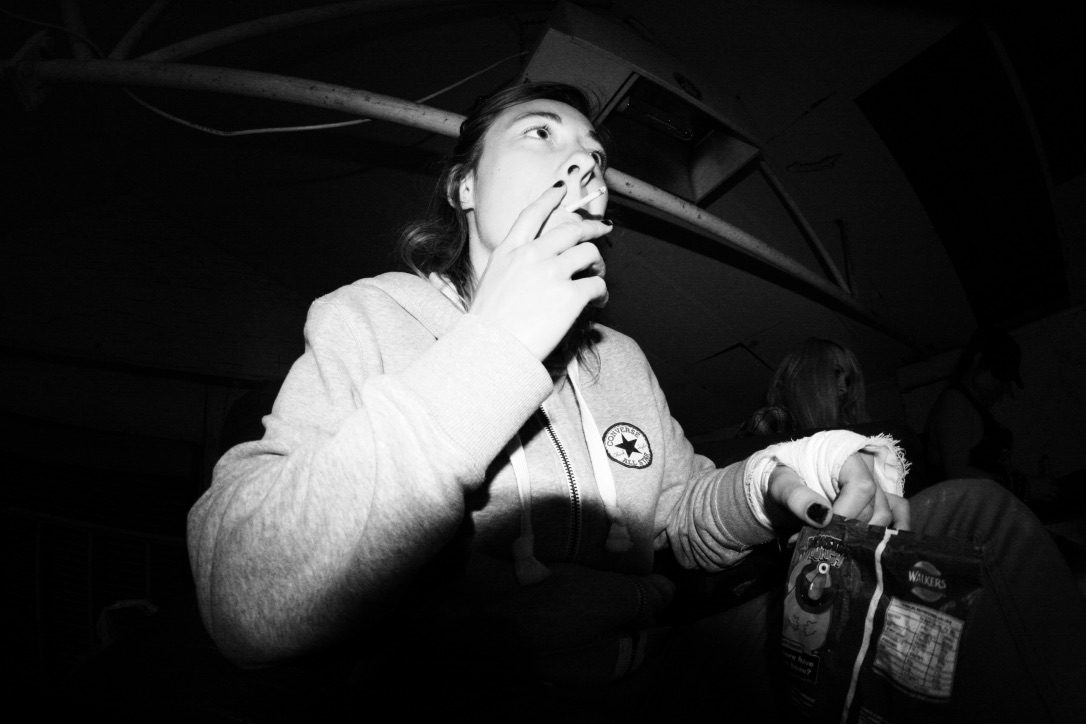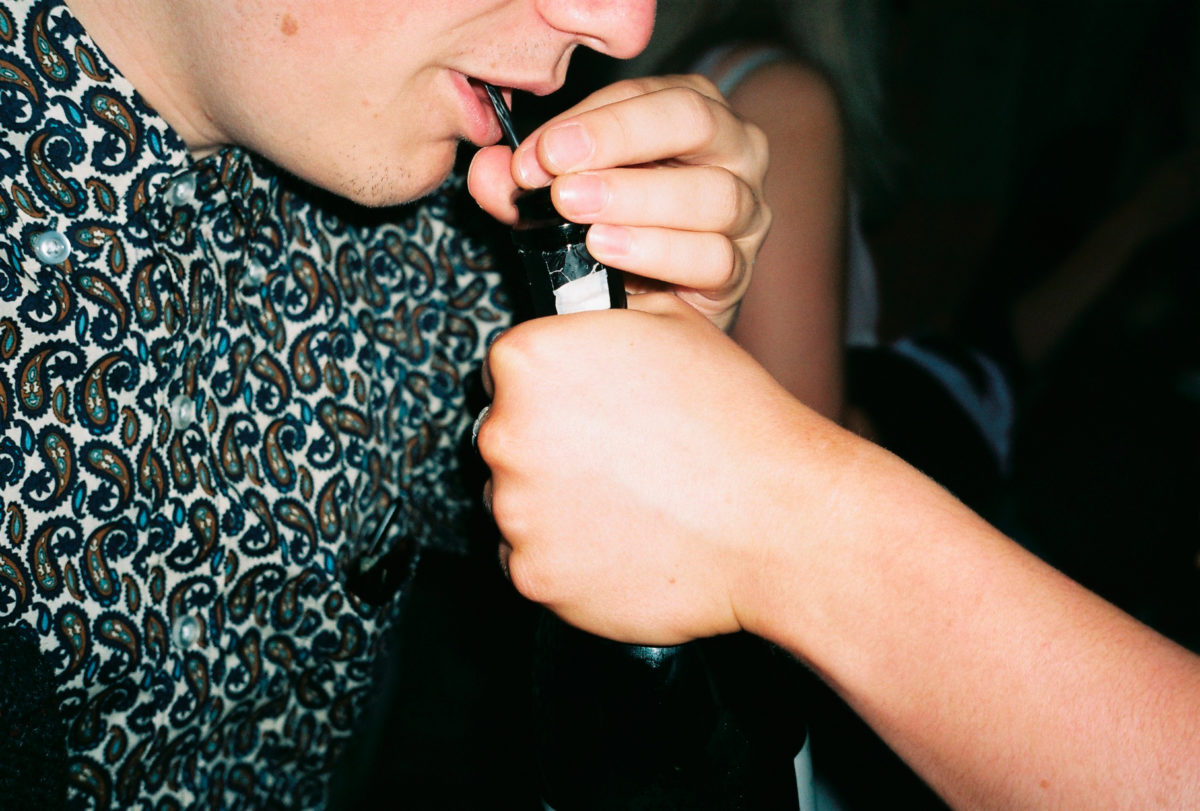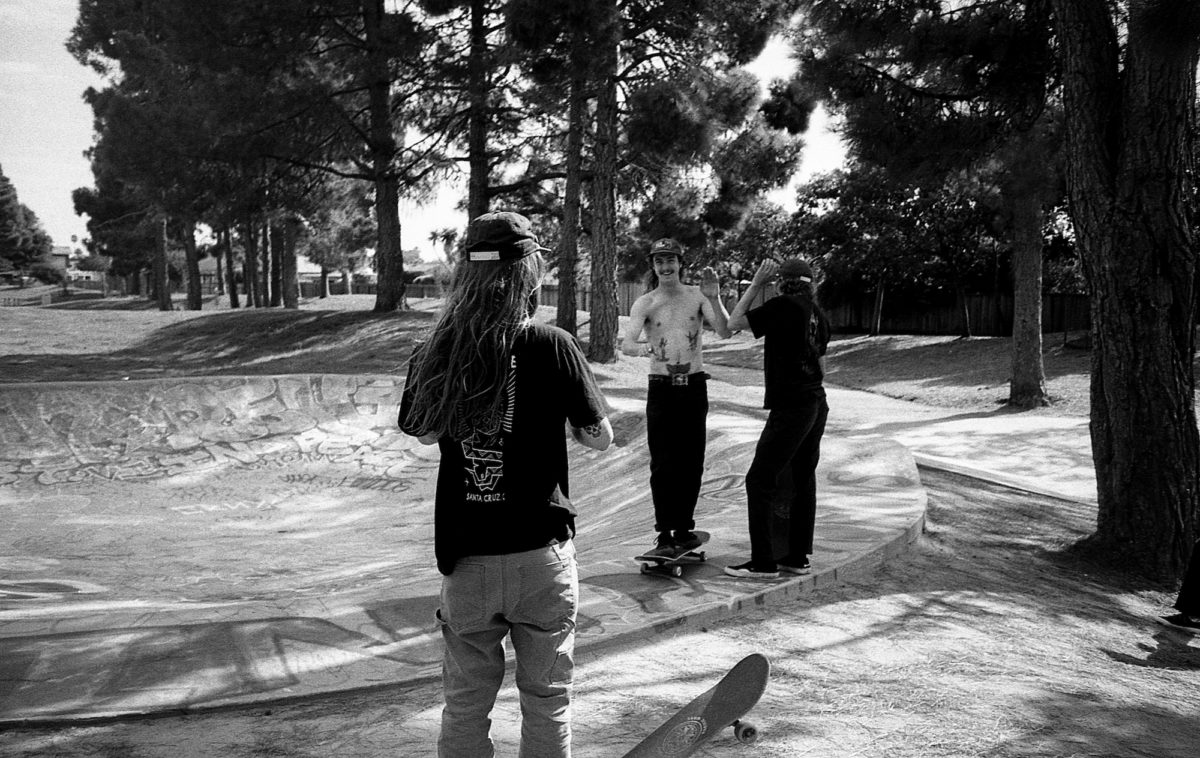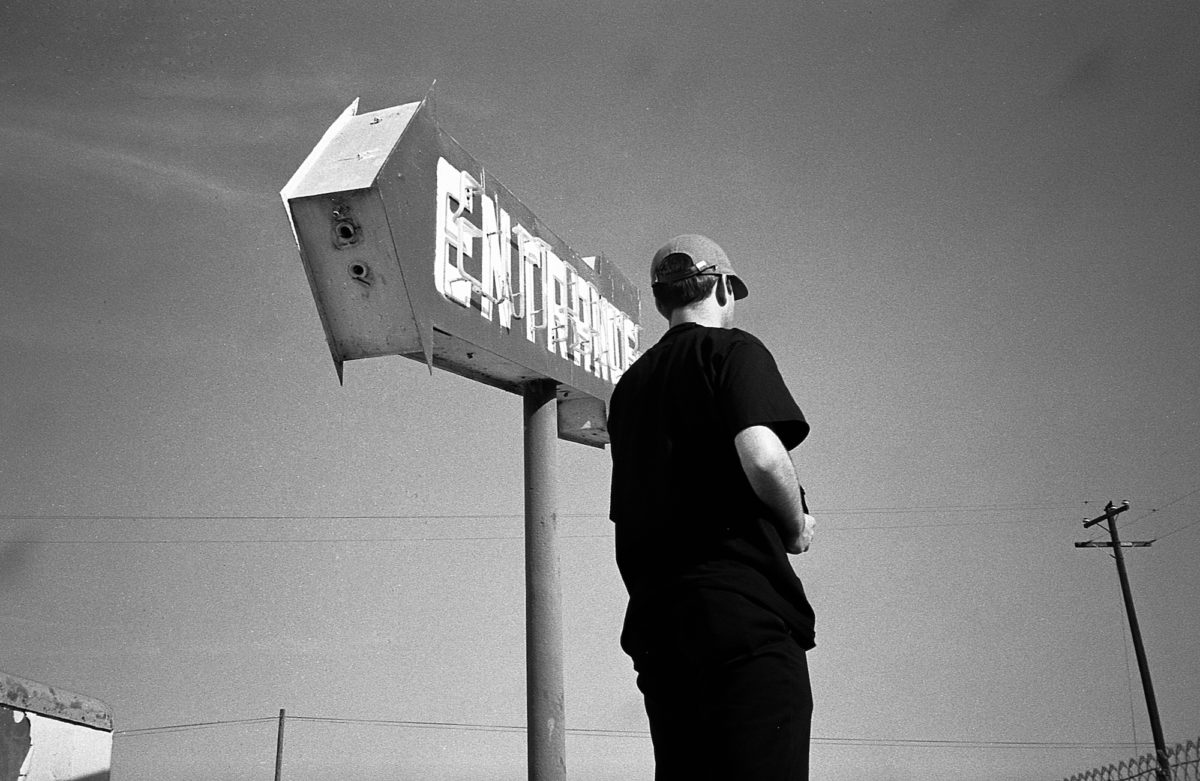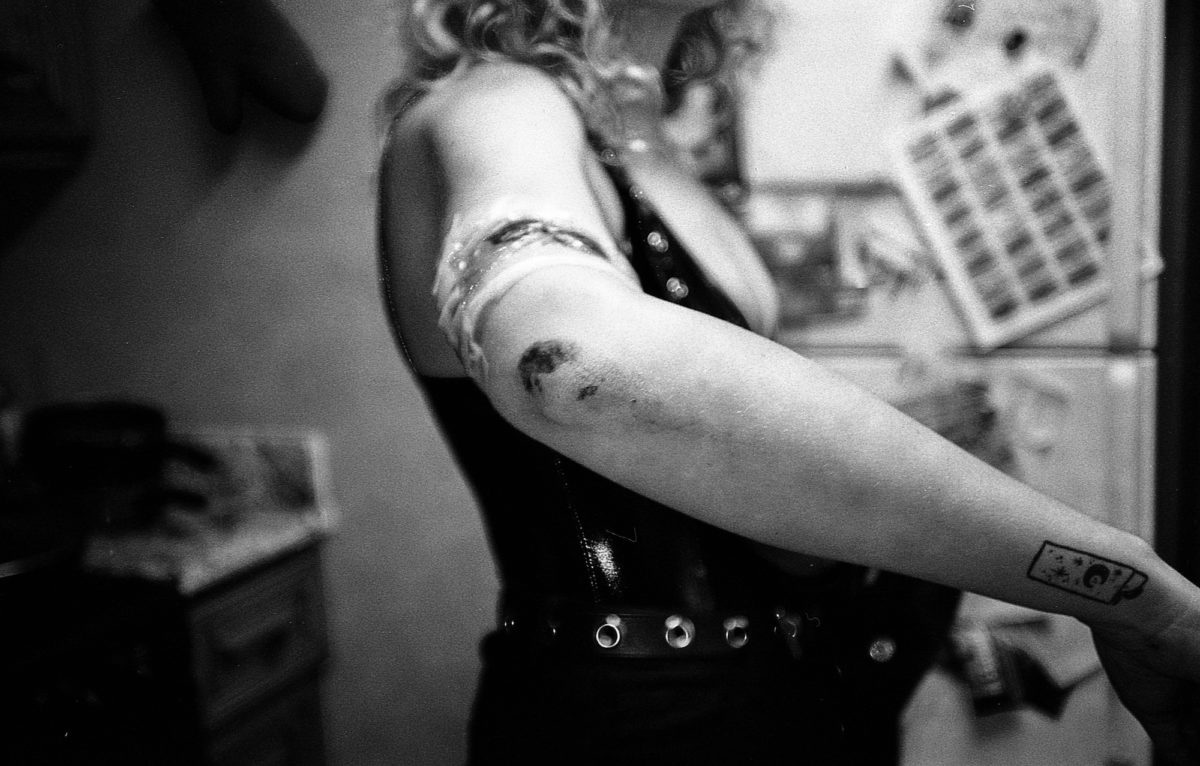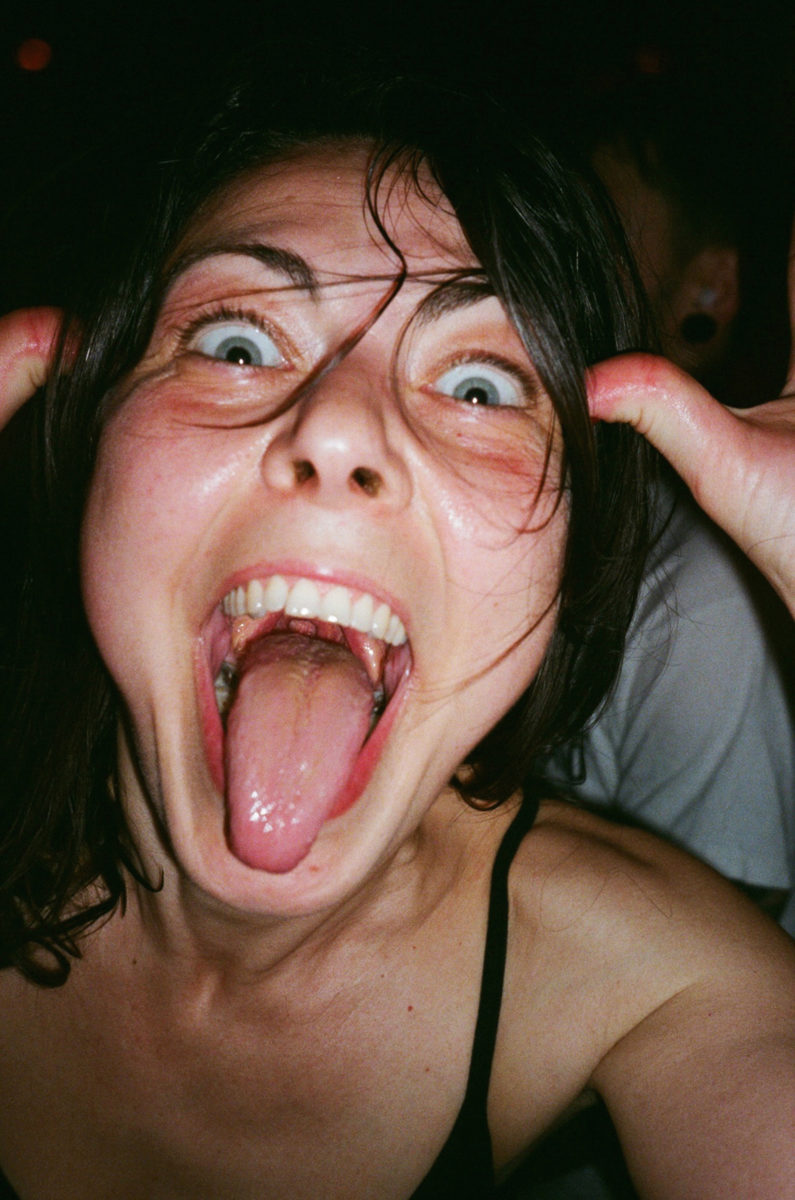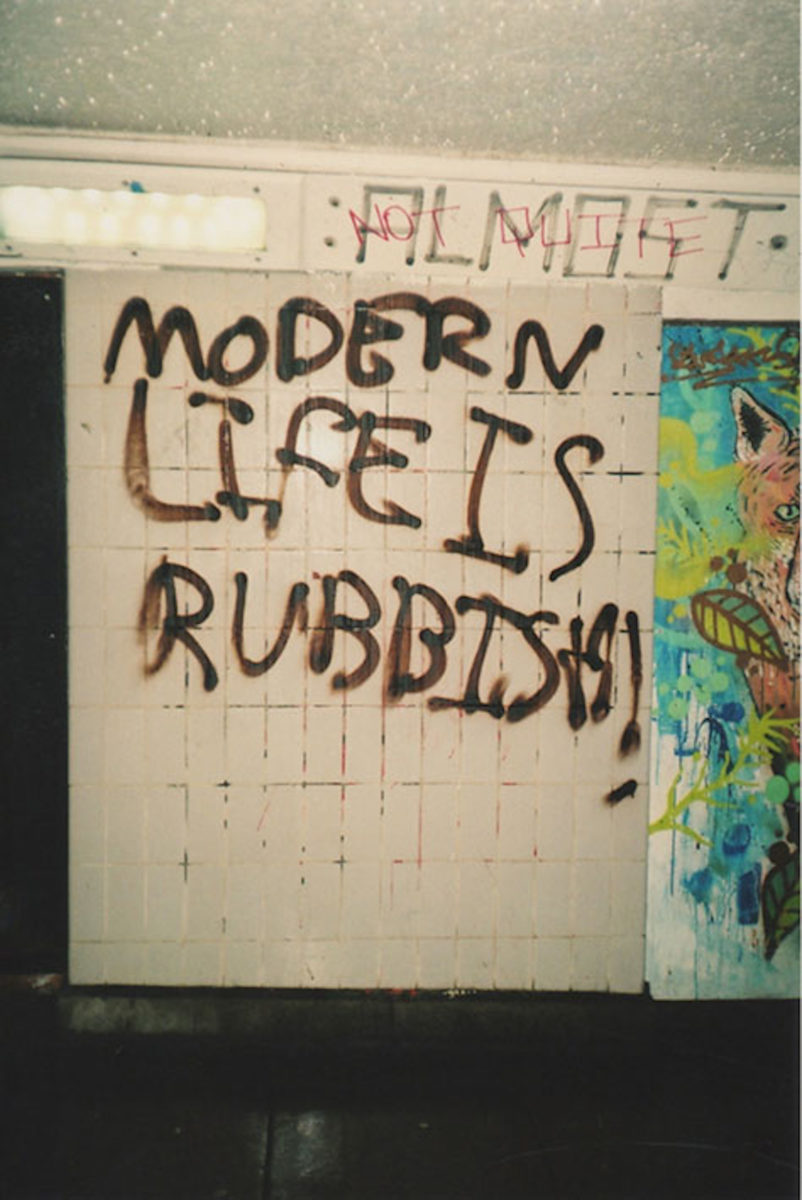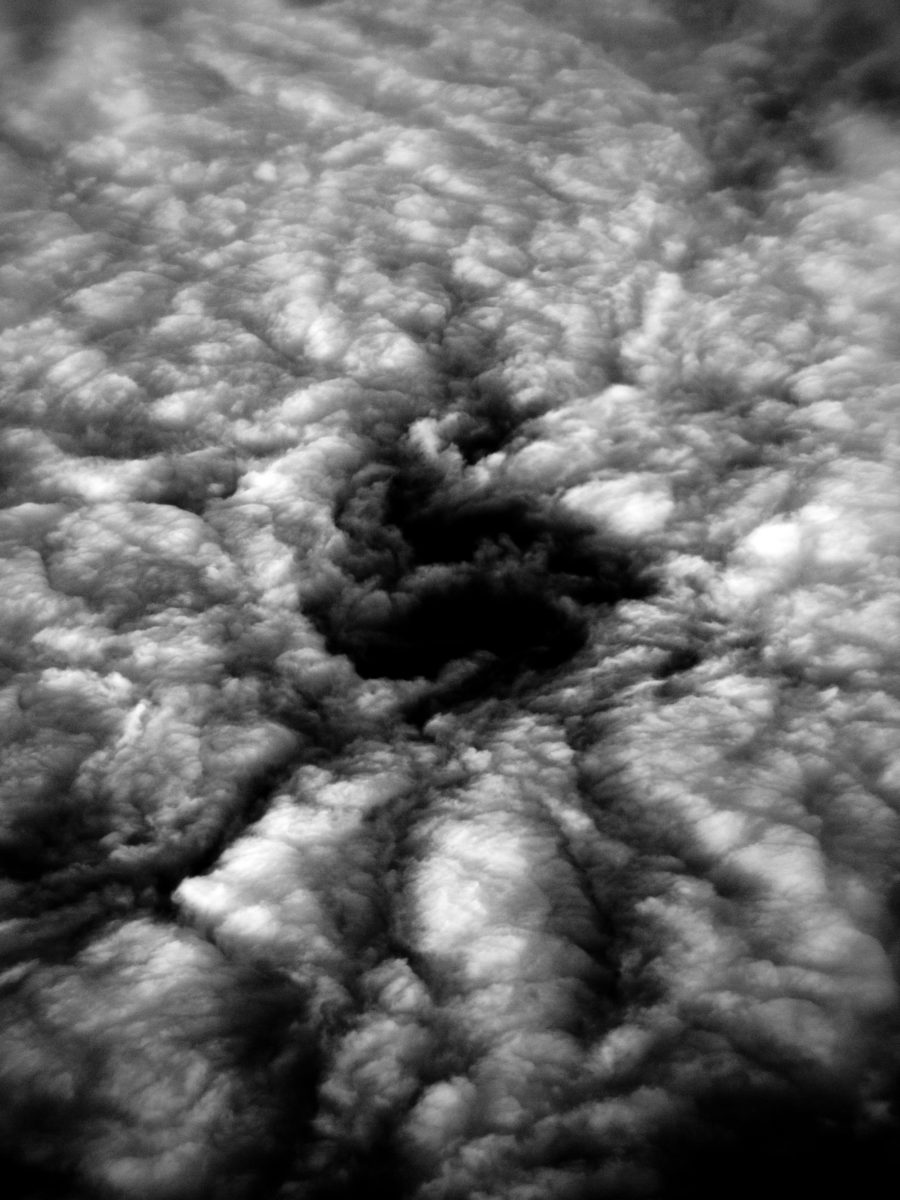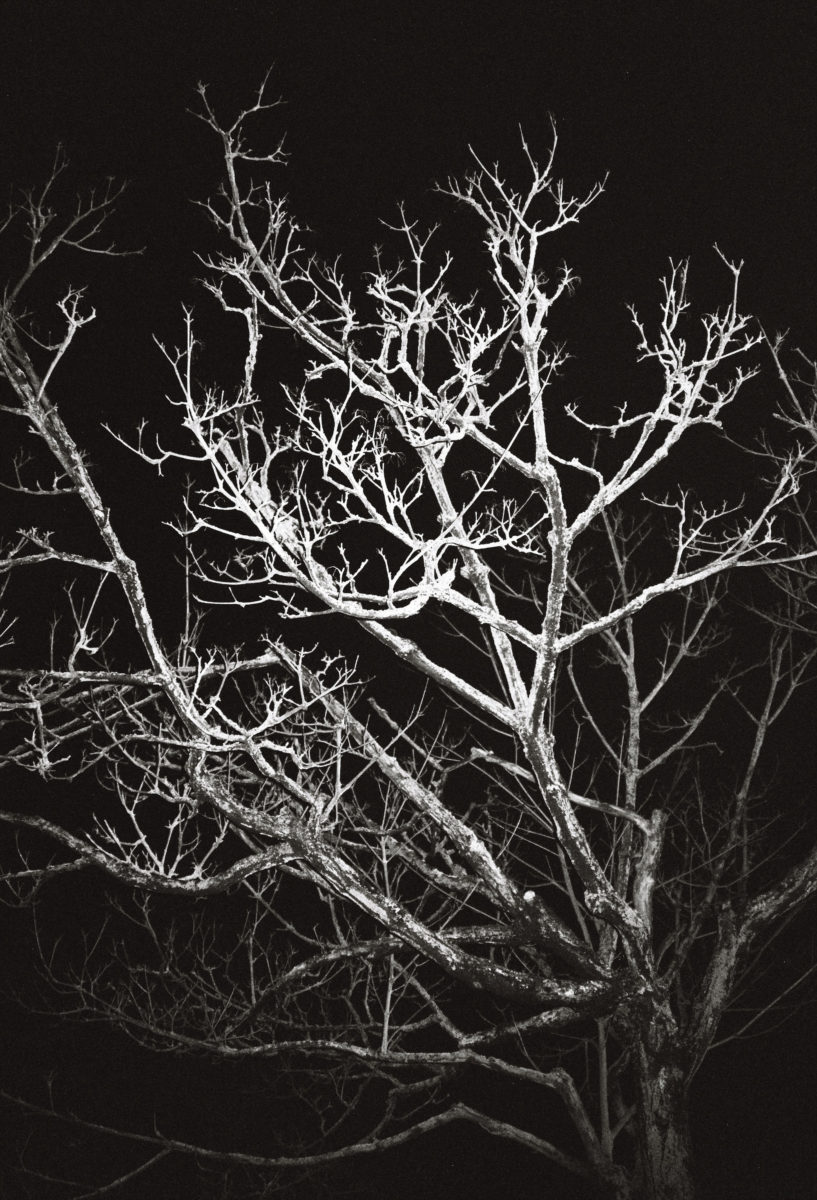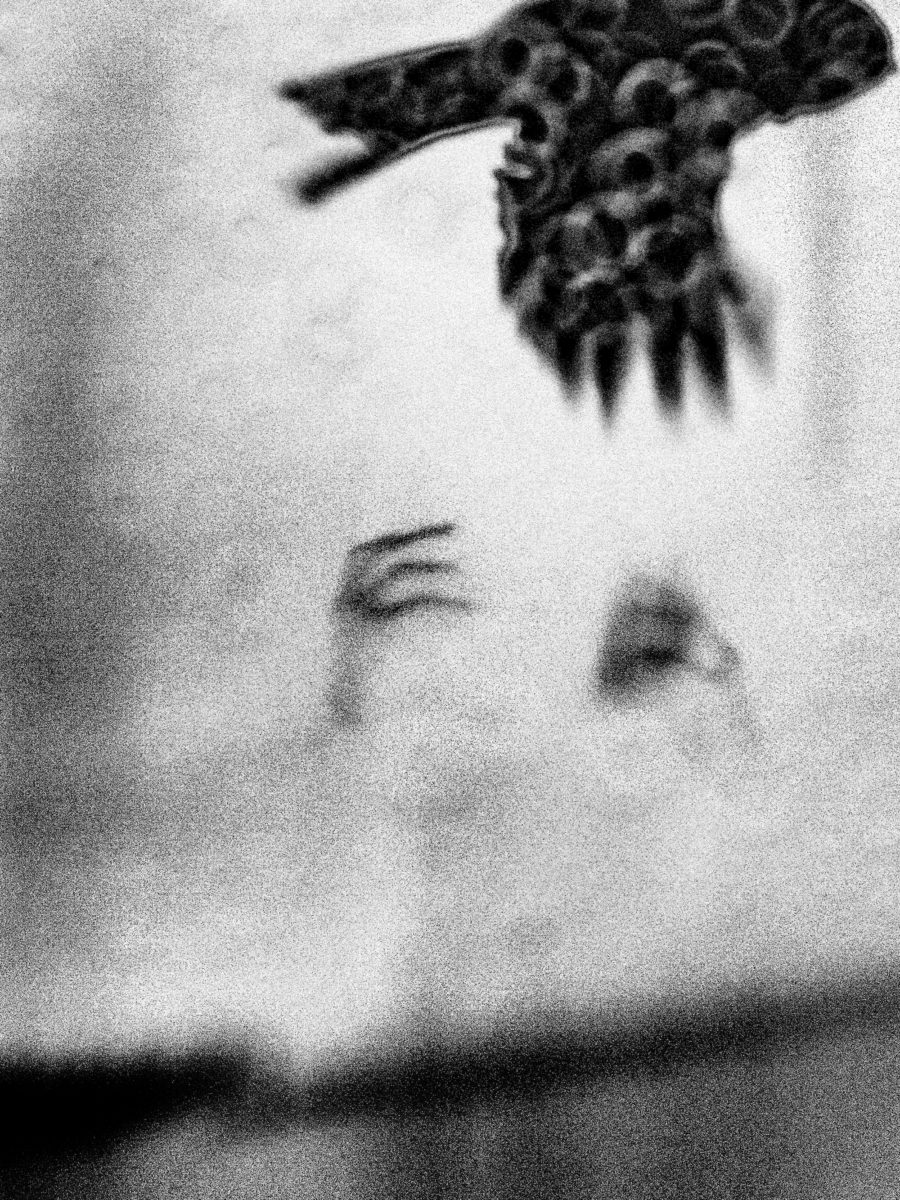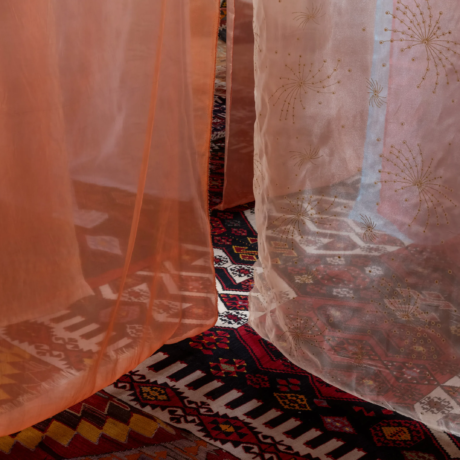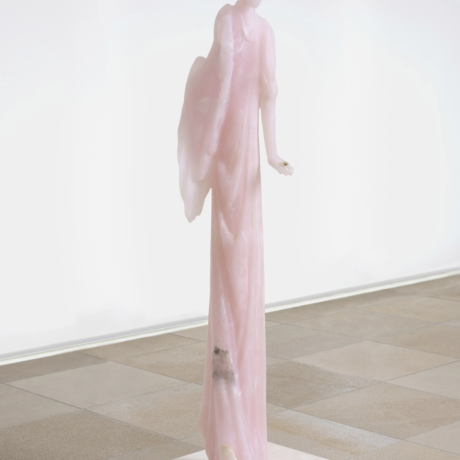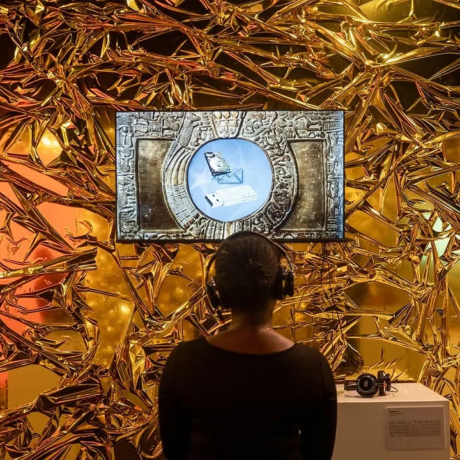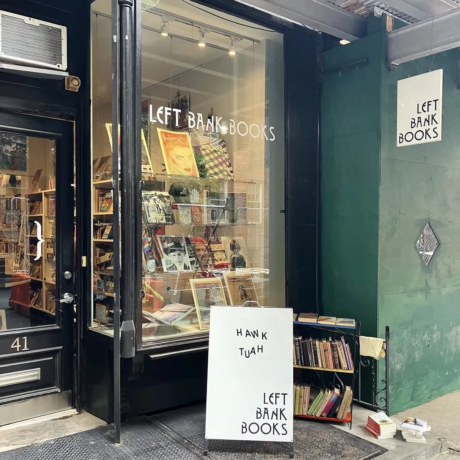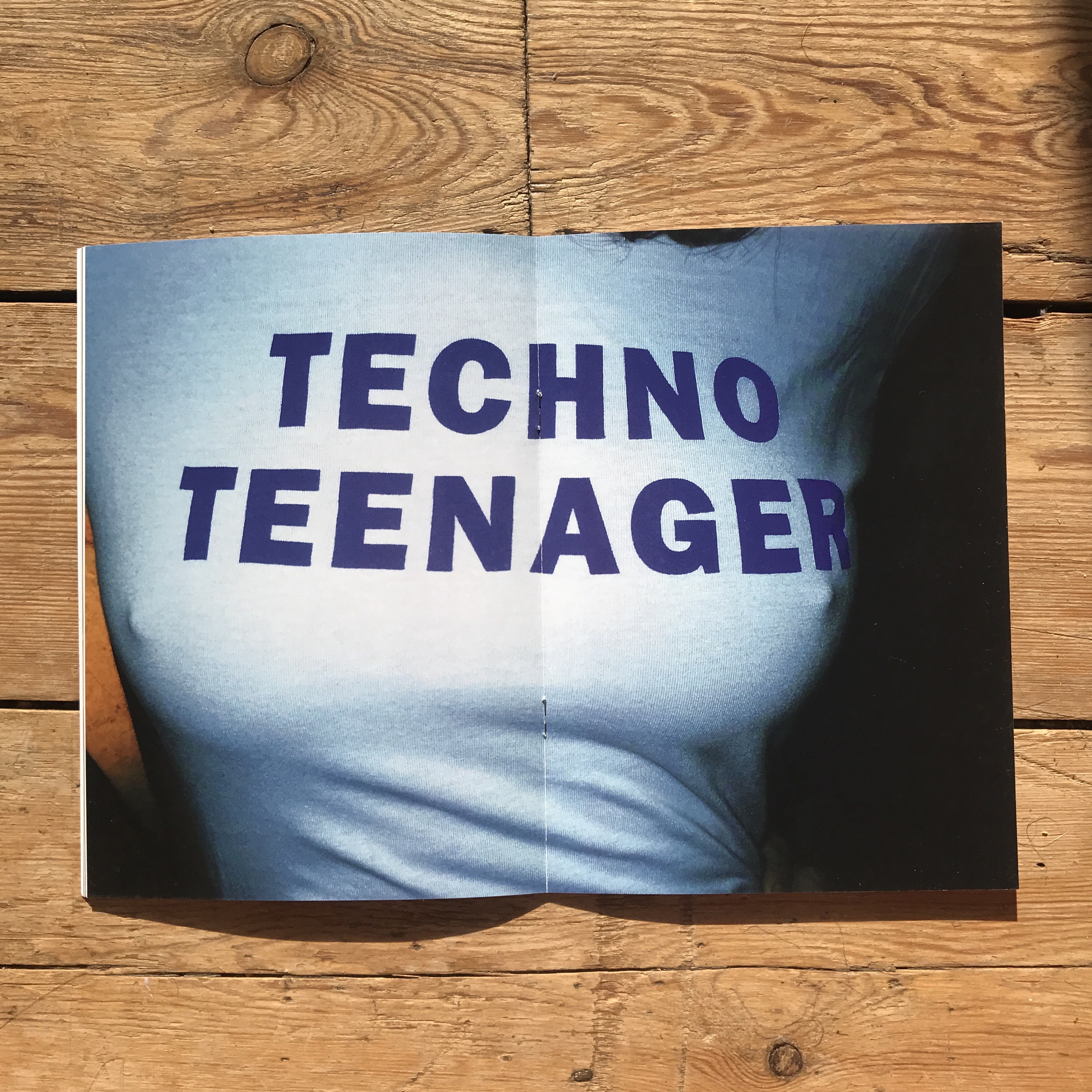
There has been much interest in the glossy photobook in recent years, but what about the humble photo-zine? With the notable resurgence in self-publishing down to a new, young and print-loving generation, the scene has grown rapidly. However, what has been left out in much of the hype surrounding the movement is the growing number of female photo-zine publishers. More and more female creatives are taking up photo-zine making, creating their own independent presses and experimenting with content and print while continuing to push the boundaries of the form. The photo-zine offers something different to the photobook—something raw and honest where imperfection is part of its beauty.
Self-publishing allows creative freedom, away from the larger publishing companies, and online printing services have made production easier and cheaper than ever, encouraging a generation of young creatives to disseminate in physical form works that would previously have been more likely to be seen on Tumblr than in print. The photo-zine scene is inclusive and promotes a DIY ethos; anyone can get involved. Instagram is vital to this growth, utilized as a platform for research, connection and conversation while allowing publishers to sell products and build loyal audiences.
Below, we talk you through five of the female-identifying photo-zine makers based in the UK who are dominating the photo-zine scene with their cutting-edge creations.
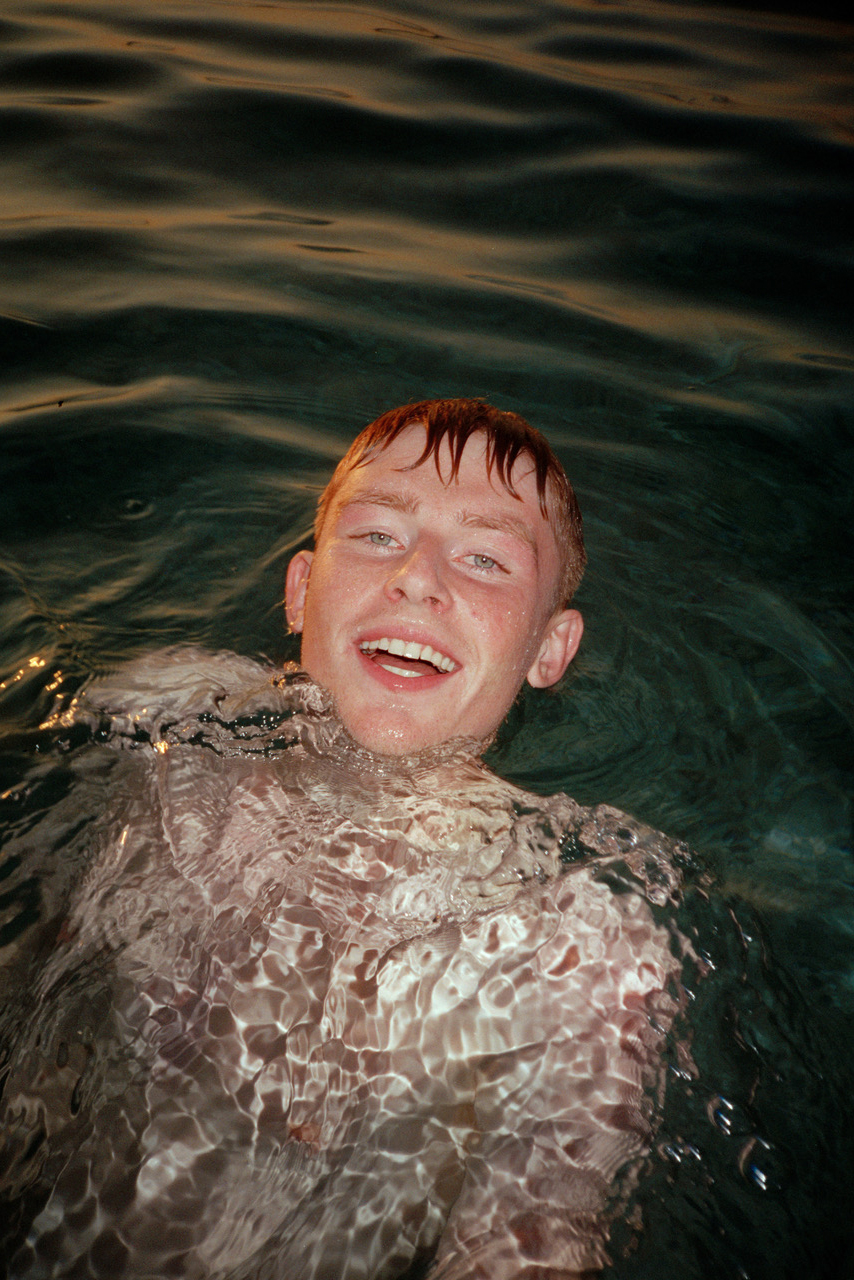
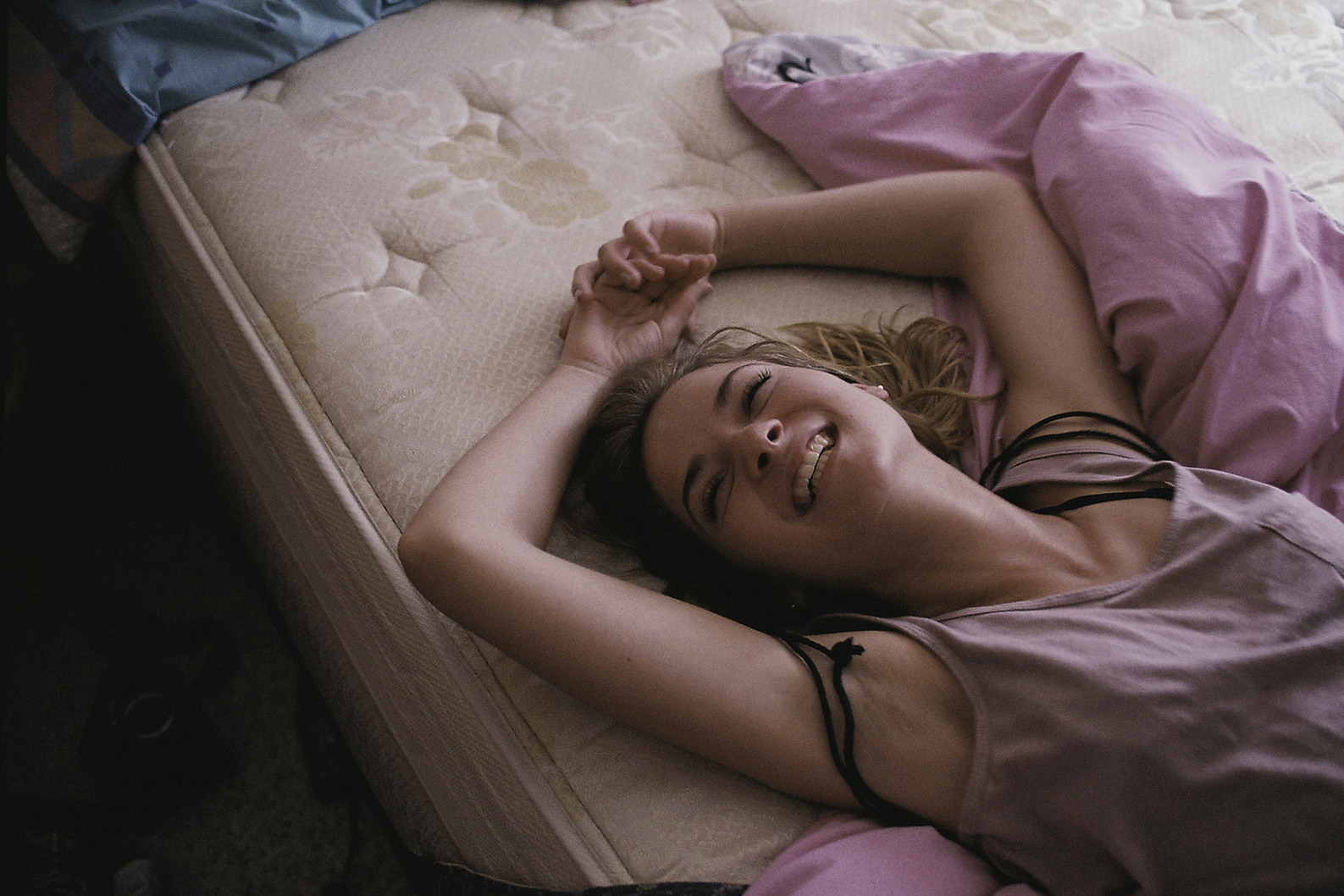
Party People Press
Party People Press offers a unique insight into the attitude, places, politics and aesthetics of contemporary rave culture through the work of participating photographers from the scene. Founder Laura Aldington explains that the aim of her press is to “create a publication representative of youth subculture through the lens of young people themselves.” Their second publication, Ecstasy, explores hedonism and party culture through the work of sixteen young photographers.
Aldington describes how “much of the ethos around independent publishing has evolved through youth culture”, highlighting the historic relationship between subculture and zines to reflect on her own practice as an artist and publisher. While paying homage to the Acid House movement of the 1990s, Party People uses the photo-zine to celebrate contemporary youth party culture through an honest and raw documentary of the scene today.
Blame Your Parents Press
Started as a project for a compulsory university module, it has since become one of the most popular photo-zine presses out there. As a recent arts graduate, Amy Warwick found the photography industry “brutal and competitive”, but publishing offered a more supportive environment. However, gendered assumptions can get thrown at her: “While small publishers hype each other up and support each other, ninety-five per cent of new people that get in touch with BYP assume that it’s run by a group of men”—a stereotype no doubt encouraged by the lack of representation for female publishers.
BYP’s publications explore contemporary youth culture through the lived experiences of its creative contributors. With drunken antics in Essex, homemade tattoos and skateboarding injuries, Amy’s publications tell the story of a carefree generation. One of their first publications, with the rather brilliant title of Fags, Tags and JD Bags, and featuring the photographs of Warwick herself, encapsulates the humour and attitude of BYP.
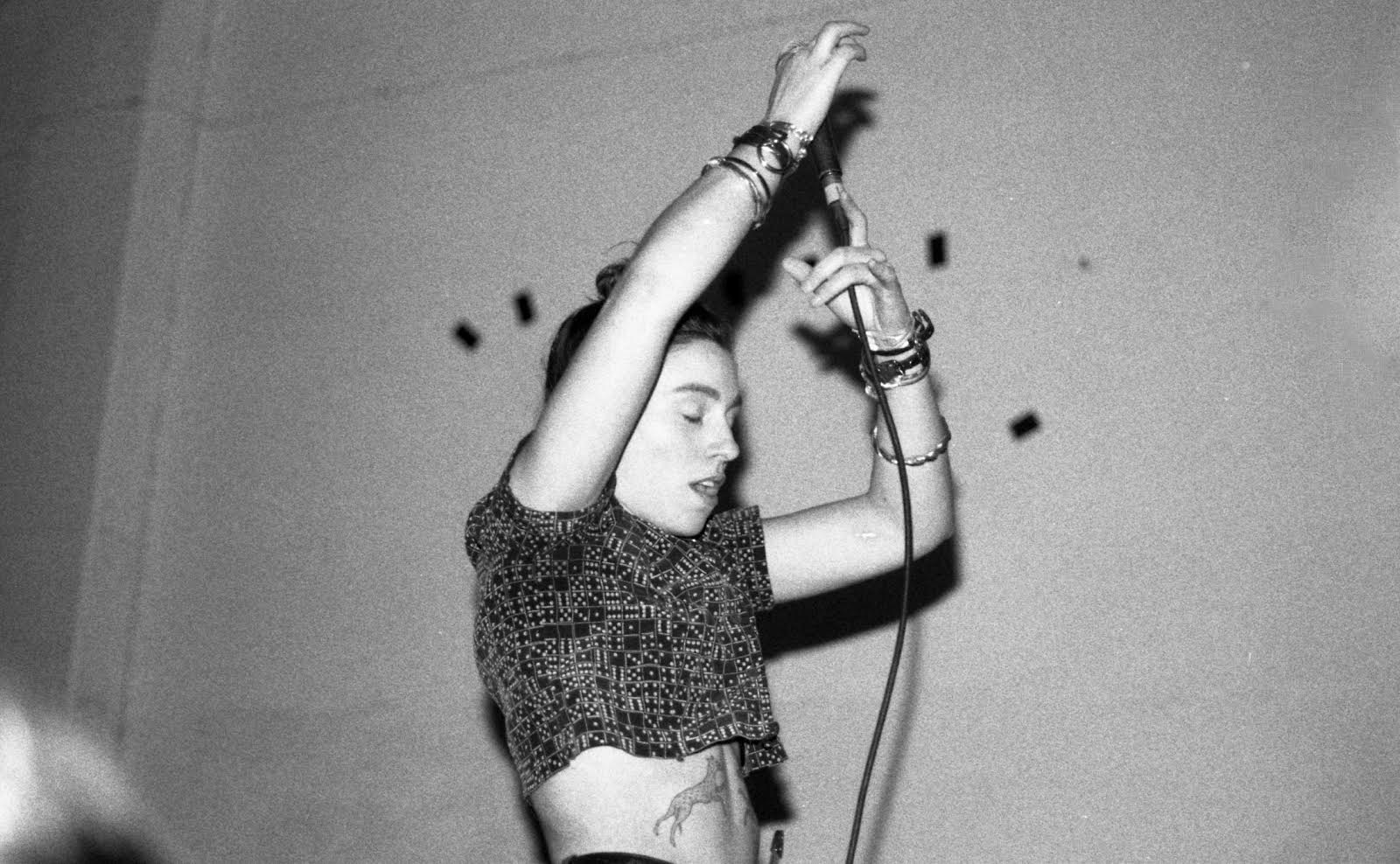
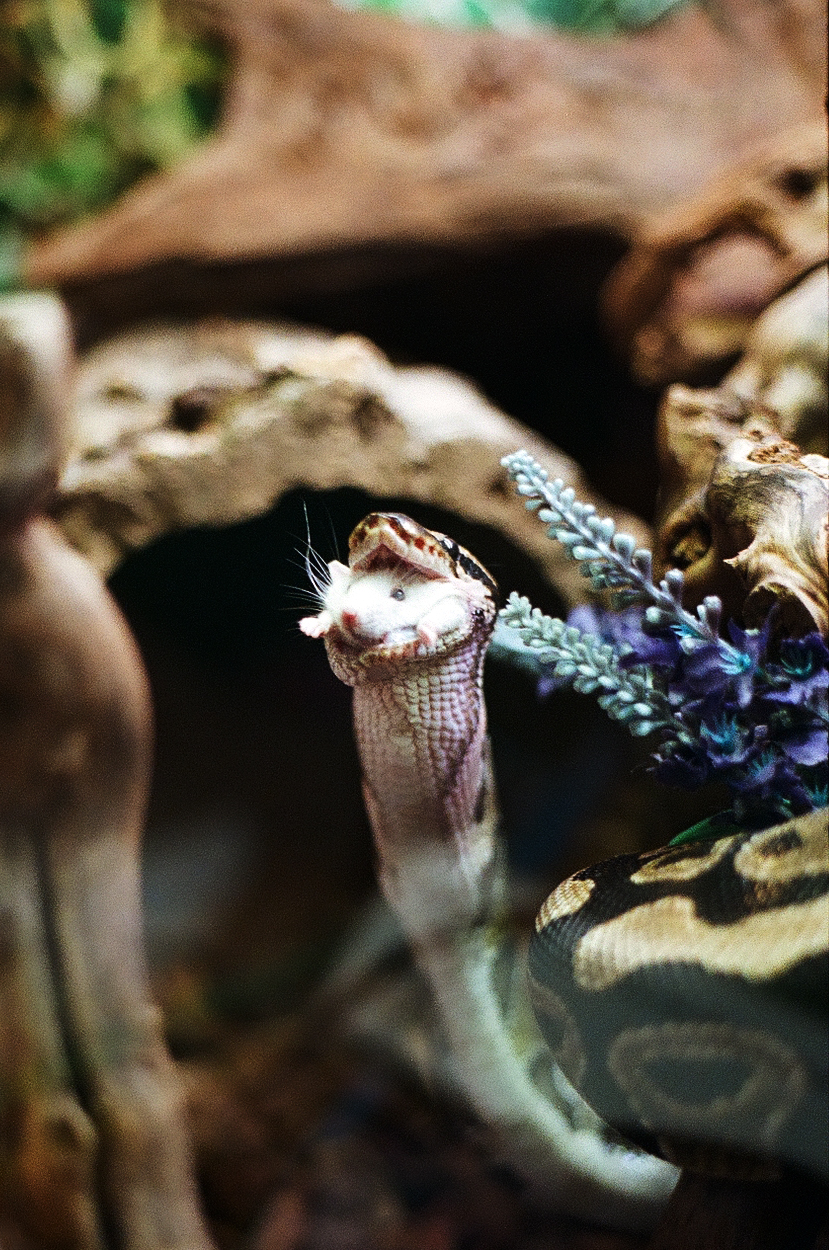
Wired Press
Sophie Leigh’s Wired Press has a back-catalogue of both solo and group open-call photo-zines. One, Ein Hundeleben (A Dog’s Life in German), showcases the intimate work of Berlin-based photographer Isobel O’Toole. Shot on black and white 35mm, it evokes many emotions—from angry punk singers to a snake eating a mouse, dead fish to innocent portraits of friends at dusk.
Ein Hundeleben is a great example of photo-zine collaboration as it encompasses both Leigh’s and O’Toole’s practice—one as publisher and one as photographer. They met through connecting via Instagram, which continues to provide a platform for like-minded female creatives in arts and publishing to encounter and support one other.
Sadie Bailey
Influenced by early punk zine culture Sadie Bailey follows the “no rules, no expectations” ethos of Mark Perry’s seminal 1970s zine Sniffin’ Glue. Bailey instantly fell in love with the cut-and-paste visuals of these early punk zines and the DIY ethos and attitude of its music, and aims to channel this in her practice as both a publisher and photographer. “I’m down for anyone who does, says and publishes whatever they want regardless of what society deems,” she says. “That’s punk rock as fuck and the world needs more of it.”
Bailey was co-founder of Project Upcoming, a platform to showcase the work of international new photographic talent, initiated out of a frustration with the lack of appreciation and exposure young photographers receive. Although Project Upcoming is no longer active, this wasn’t the end of Sadie’s publishing days. She continues to publish some of the most interesting work in the scene; with a mix of her own photography work and archive with others, it is all fuelled by “a perfect combination of artistic arrogance and overwhelming self-doubt.”
- Courtesy Lost Generation
Lost Generation
Lost Generation is a publication and exhibition project that explores contemporary youth culture, and the political animosity amongst a large percentage those belonging to the Millennial Generation and Generation Z, both in Britain and beyond. From group zines initiated by international open-calls advertised via Instagram, to creative collaborations with local communities and college students, Lost Generation aims to provide further understanding of contemporary youth in current society.
Moderately Confused, Lost Generation’s fourth project, has just been exhibited at Blast! Festival, organized by Multistory. Through a series of workshops and discussions, they collaborated with college students to photographically explore their lives as young men residing in West Bromwich. Moderately Confused depicts coming of age in the West Midlands, provoking discussion about what the future may hold for young people in the region post-Brexit. It uses the zine as a time capsule to capture the current feelings and apprehensions of young people in the current political climate.
Sorcery Press
Wired Press founder Sophie Leigh released her new project, Sorcery Press, this January. The gothic aesthetic of Sorcery Press is heavily influenced by Leigh’s knowledge of art history and fascination with witchcraft. Sorcery Press’s first photo-zine, Glossolalia, features the work of fourteen image-makers all exploring the occult, surrealism and mysticism in photography. Church ruins, human remains and religious rituals; Glossolalia immerses the reader in a dark, disorientating and unsettling narrative through its black and white, out of focus and grain-heavy visuals.
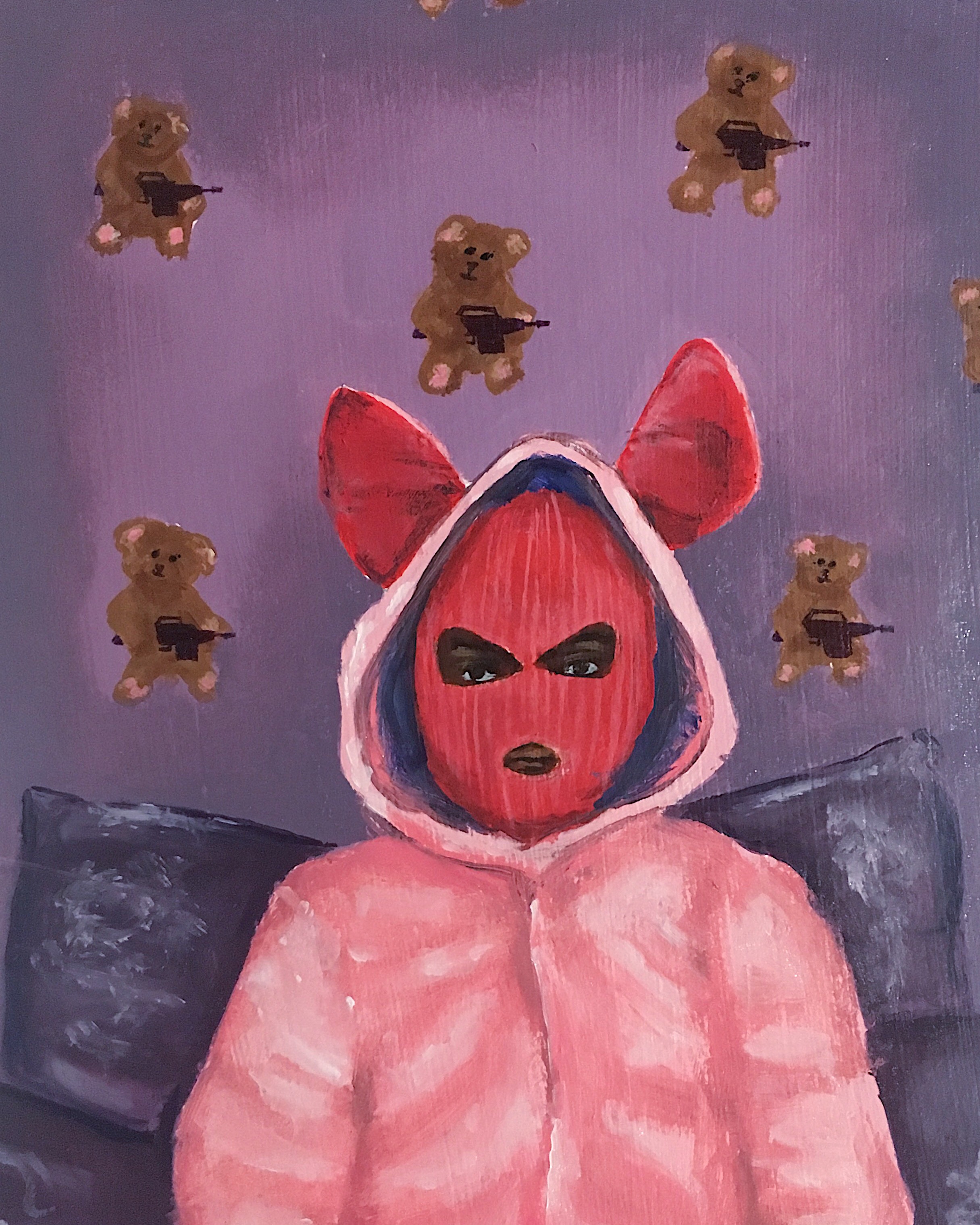
DIY YOUTH
Michaela McGuinness offers opportunities to young creatives, who are often still studying or recently graduated, with her project DIY Youth. Investing her own time and money into the projects, she gives exposure to the work of underrepresented artists through photo-zines and their website.
DIY YOUTH are currently working on their third photo-zine project, Hopes, Dreams, Reality, inspired by McGuinness’s own expectations and experience of graduate life: ‘We’re still trying to figure out how to become the perfect arts graduate with a ‘proper job’.” The publishing imprint has become an important gateway for young creatives to gain experience in professional practice, and offers an introduction to the photo-zine community.
